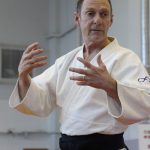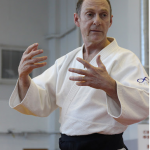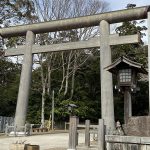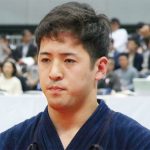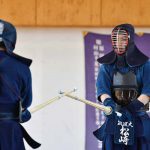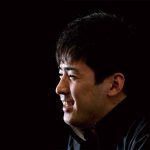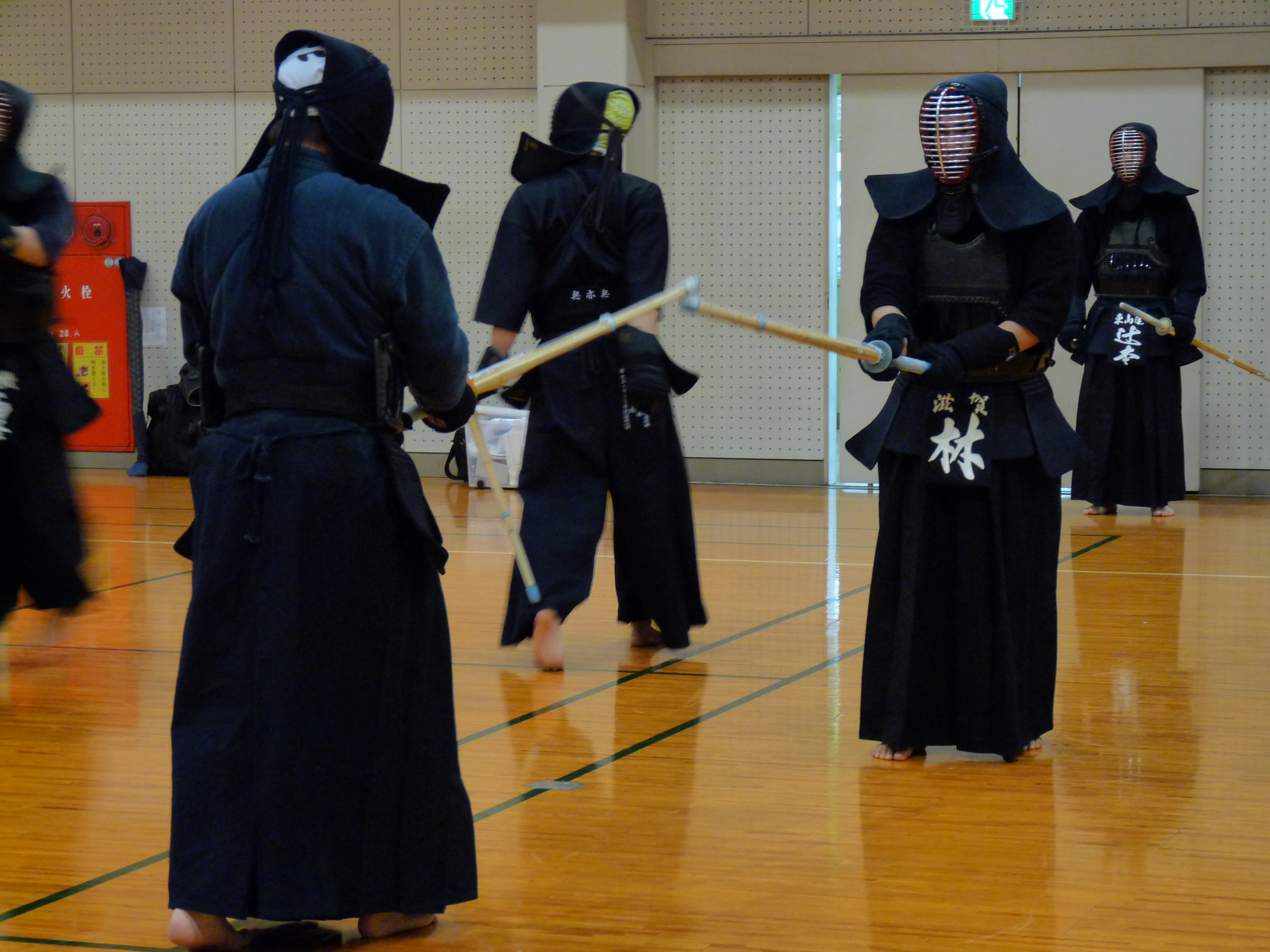
Following on form our previous discussions, we would like to hear more about your opinion on the development of the human character through the lens of kendo.
Although it is easy to say many noble things about the human spirit and kendo, as expected it is a far from simple matter to put these into practice.
Nevertheless, I think remaining humble is one of the most important things to adhere to.
I think you should absolutely never fall into the habit of speaking or suggesting ill of others: whether directly or indirectly as a means to improve your image or justify yourself.
All you need to do is just pick up your shinai and train.
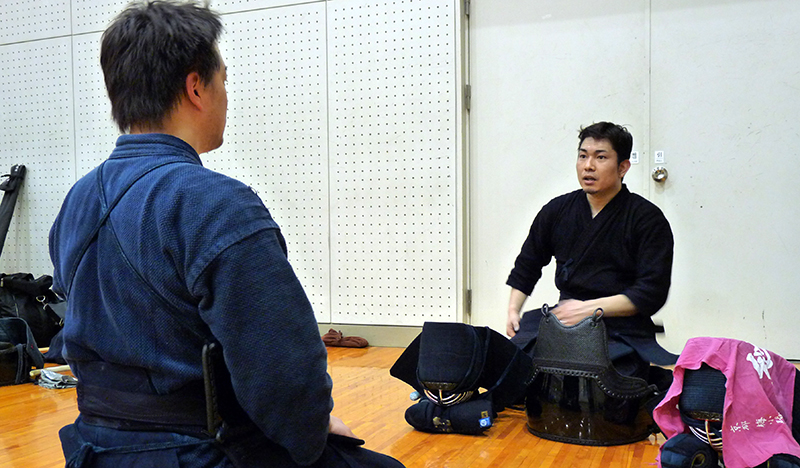
Considering what you’ve just said. Are there teachers that you not only respect for their ability, but also for their character and dignity?
Yes, of course. It is precisely because I came across such teachers that I established what I wanted my kendo to be. If all i wanted to do was win, I don’t think I would have chosen kendo. I believe that kendo is a martial art where you really feel your character develop.
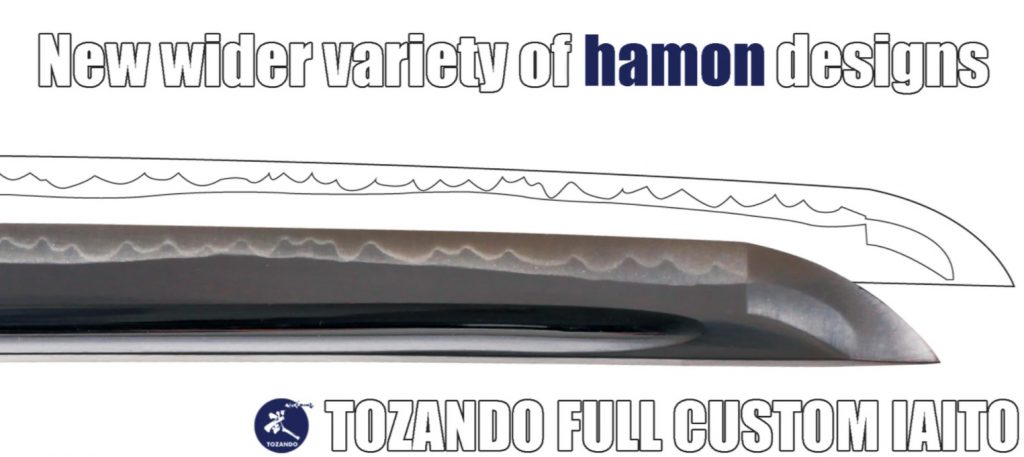
In order to develop the mindset that you are suggesting what would you say are the most important things to consider?
When something doesn’t go your own way, first reflect on what you could have done differently. This isn’t just limited to keiko, it is useful in your personal relationships and at work as welll. It is a simple thing to highlight, criticise and deride the failing of other people. However, people that can reflect on themselves and upon seeing another’s misfortune say to themselves “Had that been me, perhaps I would have done the same. I best be careful.” will cultivate a sense of gratitude that will serve them well.
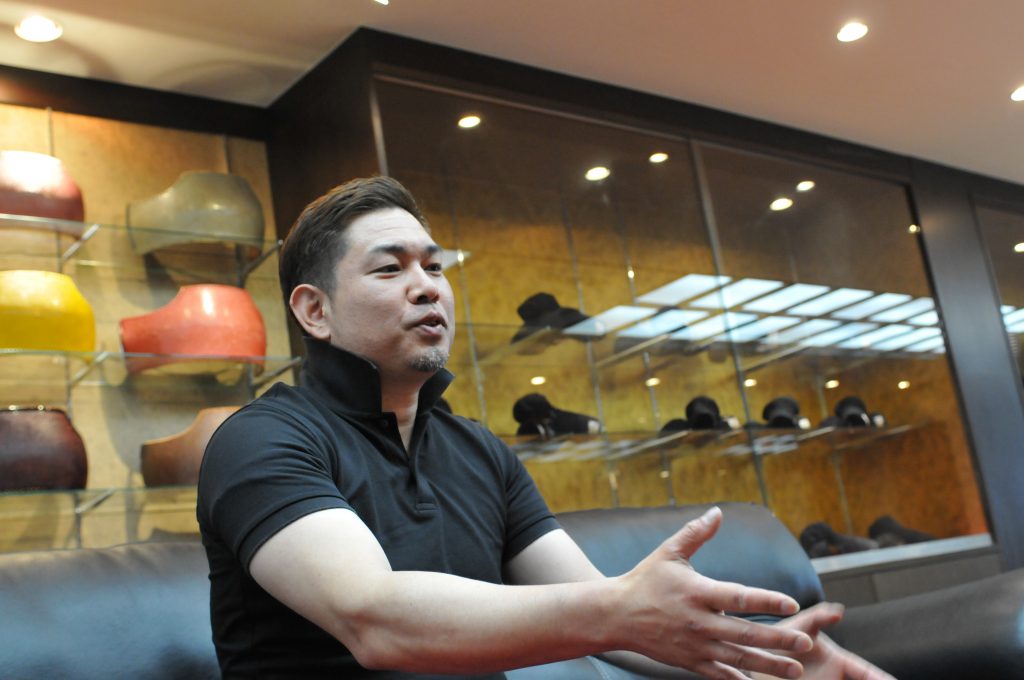
That certainly seems a better attitude to take. Yet in contrast to this, are there not kenshi who do not want to act in this way?
Regrettably that is the case. As a result of believing one’s own point of view to be superior, in kendo there are people who do not respect their partners. Or, only train with people they think can be of benefit to them.
If you do not place importance in the relationships you cultivate through kendo, then you are using kendo for your own personal gain.
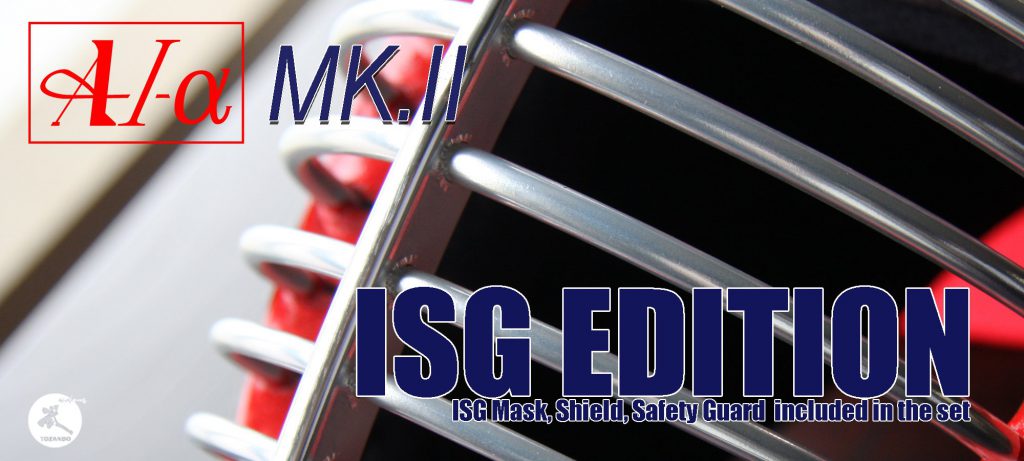
That is an unfortunate state of affairs. On the one hand there are teachers that speak of kendo as a life-long discipline, but there are also practitioners that seem to ignore this.
Anyone can espouse the ideals and skills of kendo through artful conservation, but it is regrettable if their actual conduct falls short or is even the exact opposite.
I believe that everything we do comes back to us in in the end, so it is important to bear in mind that you reap what you sow.
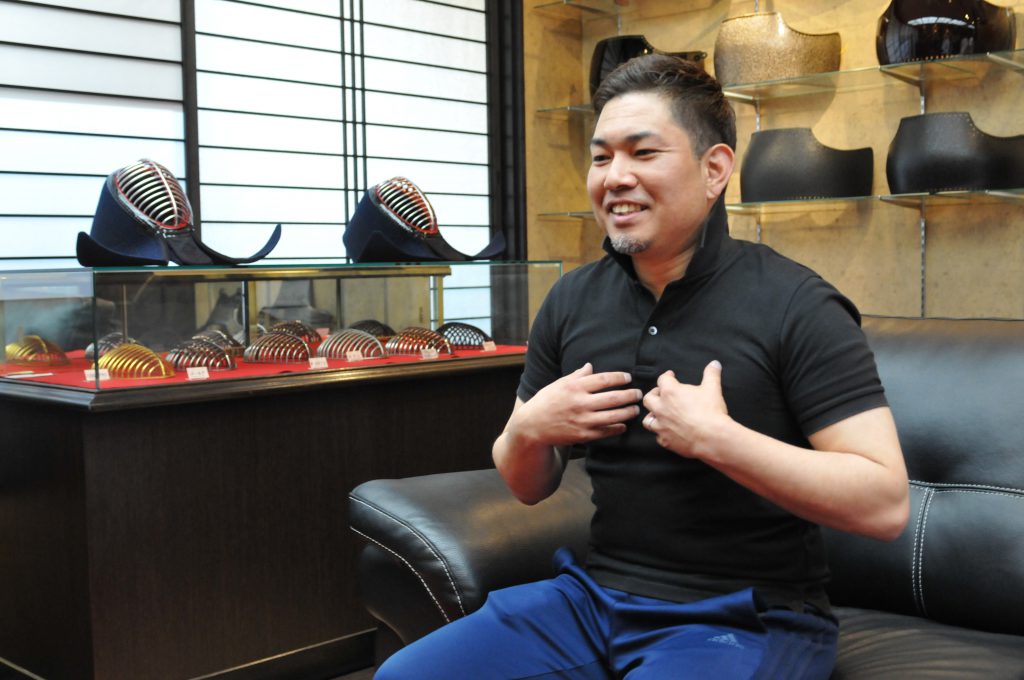
So our positive conduct and efforts will surely produce results?
Of course. I think previously I mentioned the words “As the rice grows taller, so does its head bow lower.” Whilst this is a Japanese expression, I am sure countless similar ones exist around the world. We should try to be more noble and humbler as we grow in stature, don’t you think?
Once again it is probably necessary to take another look at “rei” in budo and what it means.
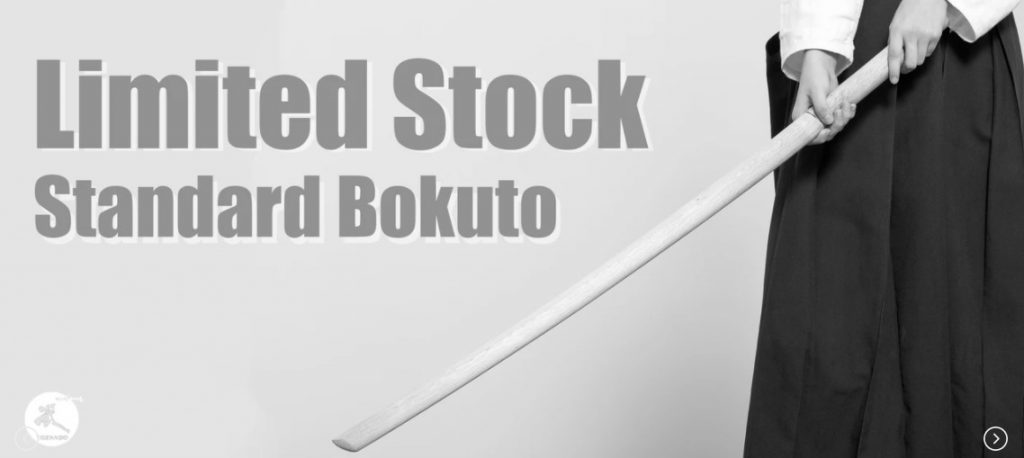
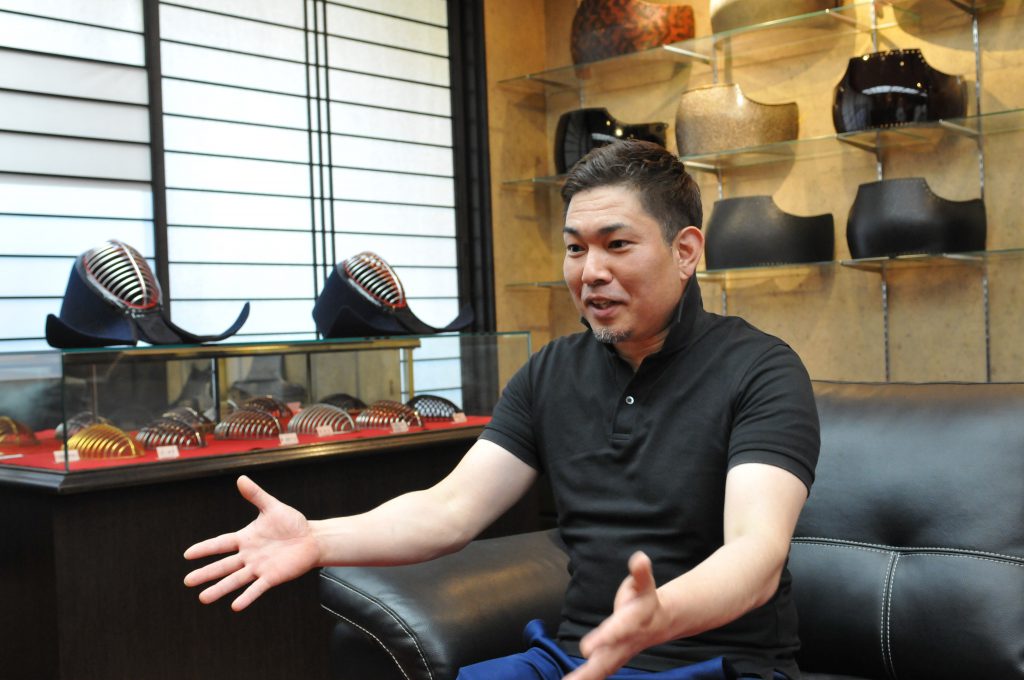
We often say “Kendo begins and ends in rei“, but how should we understand and consider rei – just as manners and etiquette?
“Have a heart that is considerate of your partner.”, “Be grateful of the opportunity to train with your partner.” – these are expressions with a noble feeling I think. The existence of your partner is of the utmost importance and possessing a feeling of gratitude is crucial: being able to see this in your eyes and your manner is the true meaning of reihou.
Everything is good as long as you win is not the case. In kendo, it is not good enough to only display correct kendo for the sake of an examination, as a kenshi it is about engendering the correct mindset.
Therefore, put this mindset into your everyday life, not just in the dojo. I think we should maintain the feelings of gratitude and dignity as well as set out to acquire a correct mindset.
 | Did you like what you've just read? Check this out. |



